
There are significant changes for taxpayers in 2026, including changes for charitable giving. While financially supporting your favorite organizations always comes with the benefit of strengthening your community, it’s now even easier to reap tax benefits through your giving.

As you prepare to host family and friends for the holidays, remember to consider accommodations for those with neurodivergence, so everyone can feel welcomed and included in the festivities.
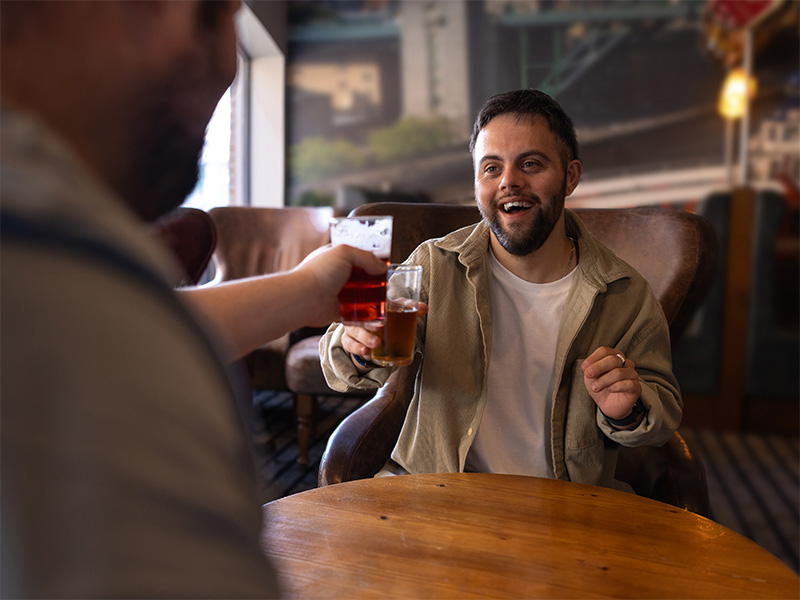
The connection between neurodivergence and risk of substance use disorders can be difficult to recognize.

We live in a digital world, but protecting young children from screen time has proven benefits – especially for children in the preschool and pre-K years.
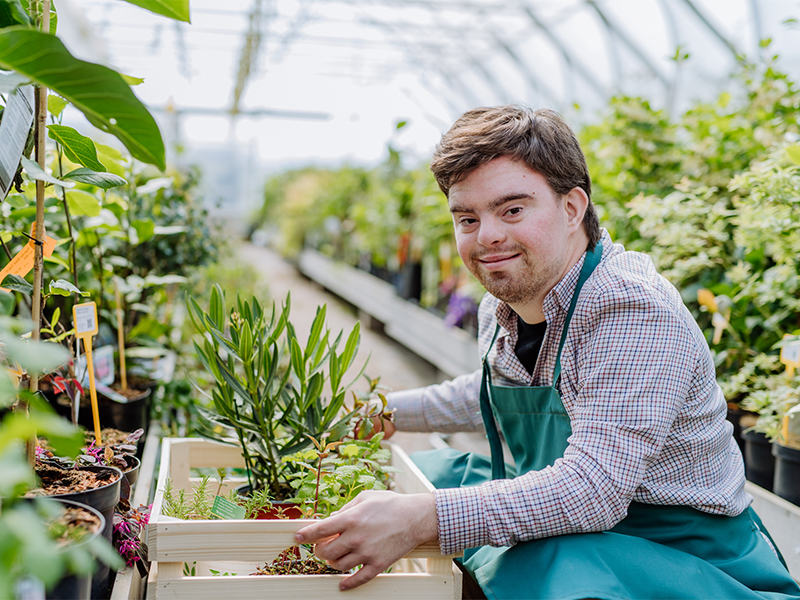
To be truly inclusive, employers must offer more employment opportunities for those who are neurodivergent or have a mental health or disability need. It’s good for the individuals — allowing them to build wealth and independence. And, research shows, it makes businesses and communities stronger.

This year, for the Fraser Gala, presented by The Duane and Lynda Jergenson Family Foundation, we’re celebrating Fraser’s 90th anniversary by looking back on all the decades Fraser has served individuals and families with autism, mental health needs and disabilities.

Everyday outings like visiting the doctor, getting a haircut, attending sporting events, or going to music or theater performances can be challenging for individuals with autism and those with sensory processing differences. Sensory stimuli like unexpected or loud noises, bright lights, crowds, strong smells, and textures can be overwhelming. It can cause people with sensory processing differences to avoid certain situations or to experience anxiety and distress.
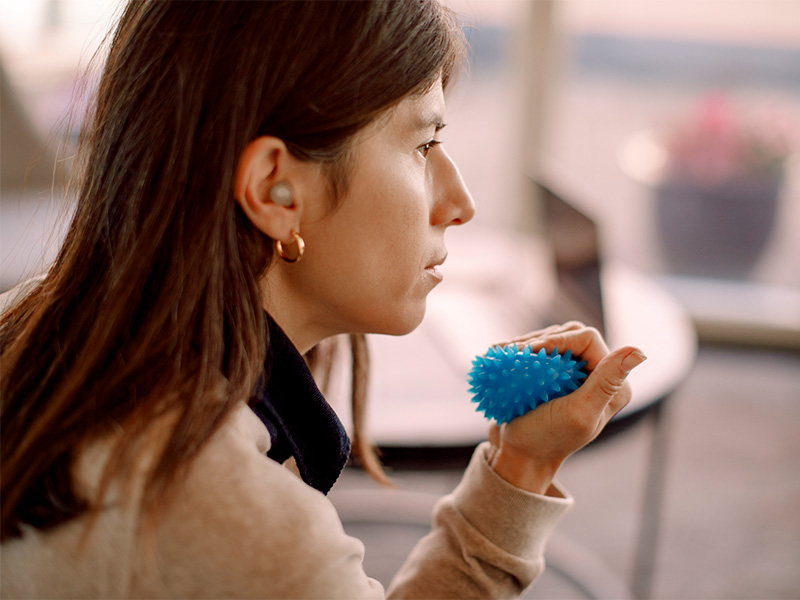
Do you find long meetings hard to follow or stay engaged in? Do projects seem to take more time and energy than you expect? Even with the best intentions, do you sometimes run late or struggle to switch tasks on schedule? Do you jump in during conversations because it’s hard to hold a thought while waiting to speak? If any of these statements describe your daily workday, it’s possible you are dealing with adult ADHD at work.
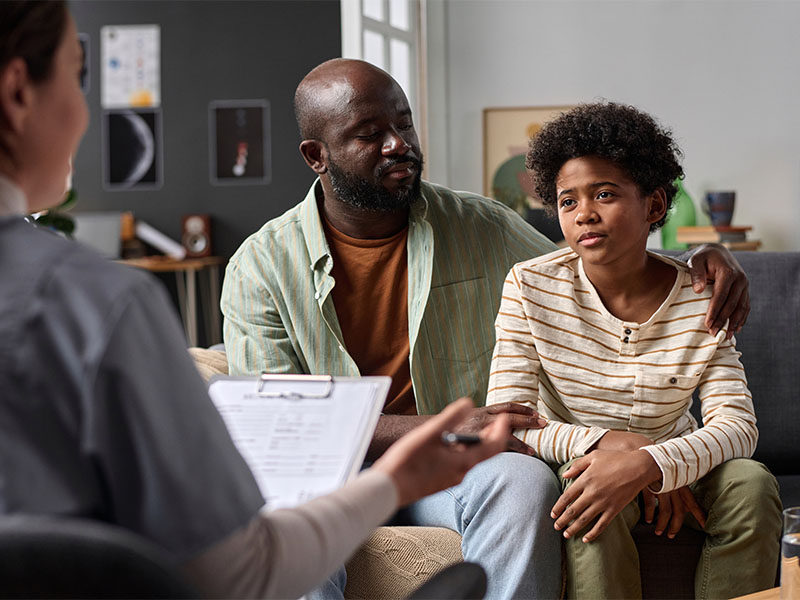
Whole-person healthcare is the standard for best patient outcomes. When doctors and specialists that treat a patient share information, patient health is treated from many angles: body, mind, and soul. That’s why whole-person healthcare is quickly becoming the standard of care at many organizations, like Fraser.
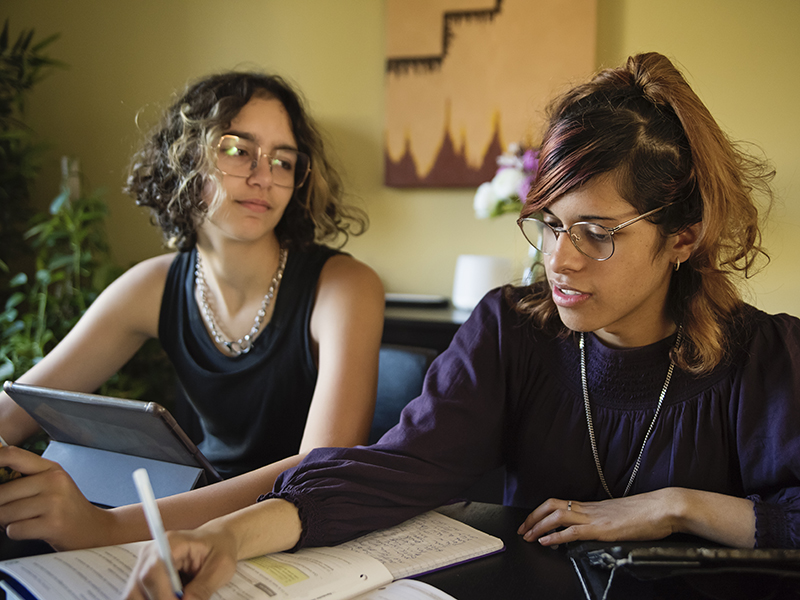
In 2022, the national suicide lifeline — 988 — launched, creating the first nationwide support for people struggling with suicidal ideation in the U.S. The free, 24/7 lifeline marked a major milestone for mental health support. However, on July 17, 2025, 988 officially stopped serving LGBTQ+ youth. Despite these services no longer being offered through 988, organizations like The Trevor Project have stepped up to fill the gap. Here are some other local and national emergency resources for LGBTQ+ youth in the U.S.